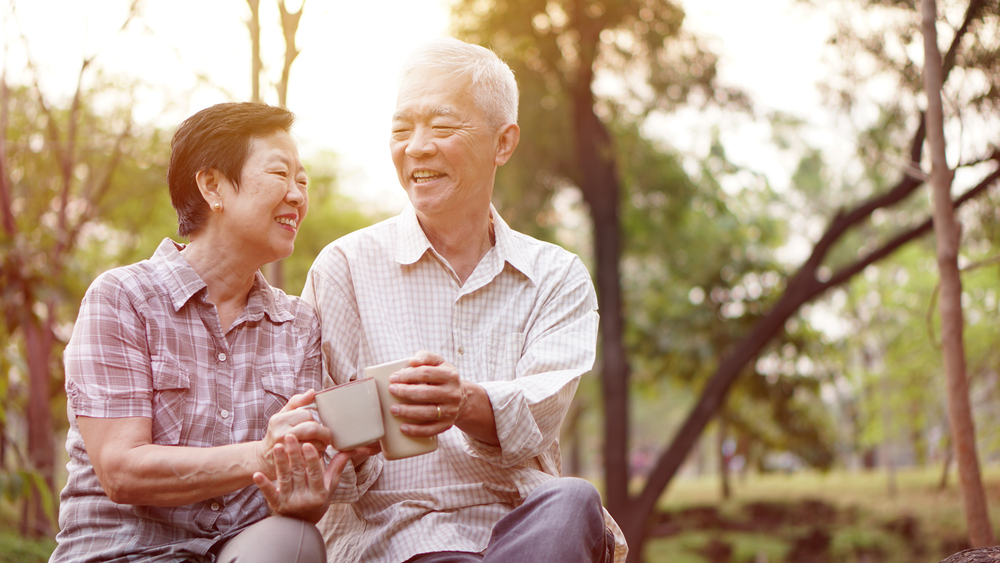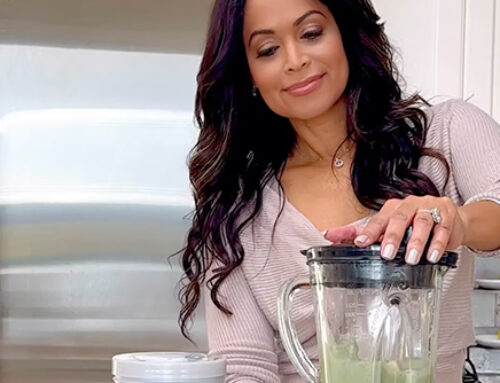We all have stressors at each stage of life. For young adults, it might be wondering how to deal with the bad eating habits we formed as teens that finally catch up to us. For adults, it could be dealing with stress at work and at home that culminates in a lack of sleep, poor nutrition, and a constant state of stress. Seniors have stressors too. Sure, you’re retired and have freedom, but you also deal with your fair share of worries.
Being Unable to Sleep
At the end of the day, you’re excited to crawl into bed and relax, but once you get there you find that you can’t fall asleep. U.S.News explains there are several remedies that might help such as switching to a healthier lifestyle (i.e. exercising, drinking less coffee, quitting smoking), resisting the urge to sleep in the recliner, using the bedroom for sleep only, and making your room more conducive to sleep by darkening the room and blocking out noise.
Chronic back pain is a common sleep culprit for seniors as well, and an older mattress can contribute to discomfort. A new mattress is a logical solution, and as you shop around, a brand and model built for your sleep style should be at the forefront of your decision. You want something that provides proper alignment throughout the night. For example, the Purple mattress is best for side sleepers, Loom & Leaf has a nice cradling effect, and the WinkBed is best for those needing extra spinal support. Don’t be scared to try one of these bed-in-a-box options either; most companies offer great return policies and free shipping.
Not Getting the Right Nutrition
Your body changes as you age, and according to Everyday Health, that includes your nutritional needs. You need to add extra calcium to protect bone health, more protein to keep your energy up, and boost roughage for a healthy gut. How can you accomplish this? Fill half of your plate with fruits and vegetables and the other half with whole grains and protein.
To make eating healthy a little more fun, consider starting your own garden. Doing so provides a nutritional boost and low impact exercise. Additionally, vitamin D from the sun promotes bone health by increasing calcium absorption, and it has been shown to lower your risk for certain age-related diseases such as high blood pressure and type 2 diabetes. You can make gardening easier by using raised or vertical beds, minimizing bending.
Of course, even with back- and joint-friendly solutions, gardening isn’t for everyone. If you’d prefer the grocery store or the farmer’s market, make a shopping list so you aren’t tempted to stray too far.
Loss of Independence
One of the most difficult aspects of getting older is the loss of independence that may or may not come with it. Some of us have no issue at all other than moving a little slower, while some have mobility and/or mental health issues that make it difficult to continue living independently.
One way to support your independence is through home modifications for accessibility. It sounds large and costly, but many are inexpensive and life-changing, such as installing bathroom grab bars, adding night lights, replacing cabinet knobs with drawer pulls, and removing rugs that create tripping hazards.
There is helpful technology, such as video doorbells, smart thermostats, security cameras, smart medication dispensers, personalized reminder devices, and activity monitors to increase safety and make life simpler.
Grandchildren Galore
Grandchildren are one of the many exciting things about getting older, and although you love them dearly, they leave you feeling exhausted. It’s hard to keep up and it seems like their energy levels never deplete.
Don’t let your own energy levels run out. Don’t ever feel bad about saying no to babysitting or a trip to the zoo if you think you need some time to recharge and be ready for the next fun visit or outing. Being the best grandparent is a good feeling, but being the best and being able to enjoy it feels even better.
Stressors change as we age. Unfortunately, they never completely go away, but that doesn’t mean you have to let them bring you down. Pinpoint your specific stressors and put together a plan of action to take them down.
—
About the Author
Jason Lewis is a personal trainer, and in 2002 he became the primary caretaker for his mother after her surgery. During this time he realized there is a special need for trainers that can assist the seniors in our community. Jason worked with his mother’s doctor, as well as other personal trainers, to create programs that are considerate to the special health needs of those over the age of 65.





Leave A Comment